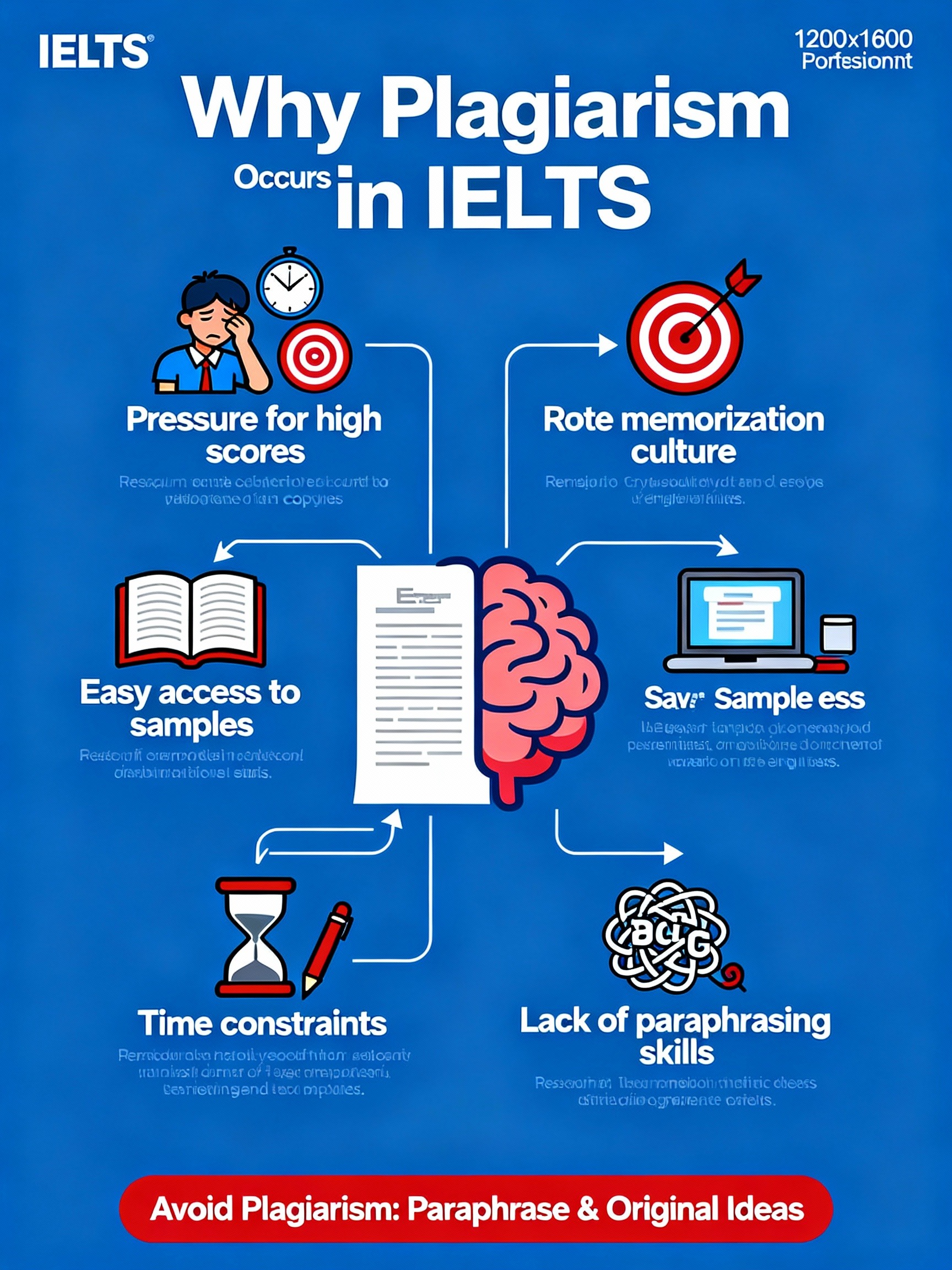Federal Reserve Interest Rate Cuts: Understanding Their Impact on the Economy and You
Whenever the words Federal Reserve interest rate cuts make headlines, the financial world pays close attention. These decisions by the U.S. central bank ripple through every corner of the economy—from Wall Street investors to small business owners and everyday consumers. Understanding why the Federal Reserve (Fed) cuts rates, how these moves affect inflation, employment, and global markets, … Read more










